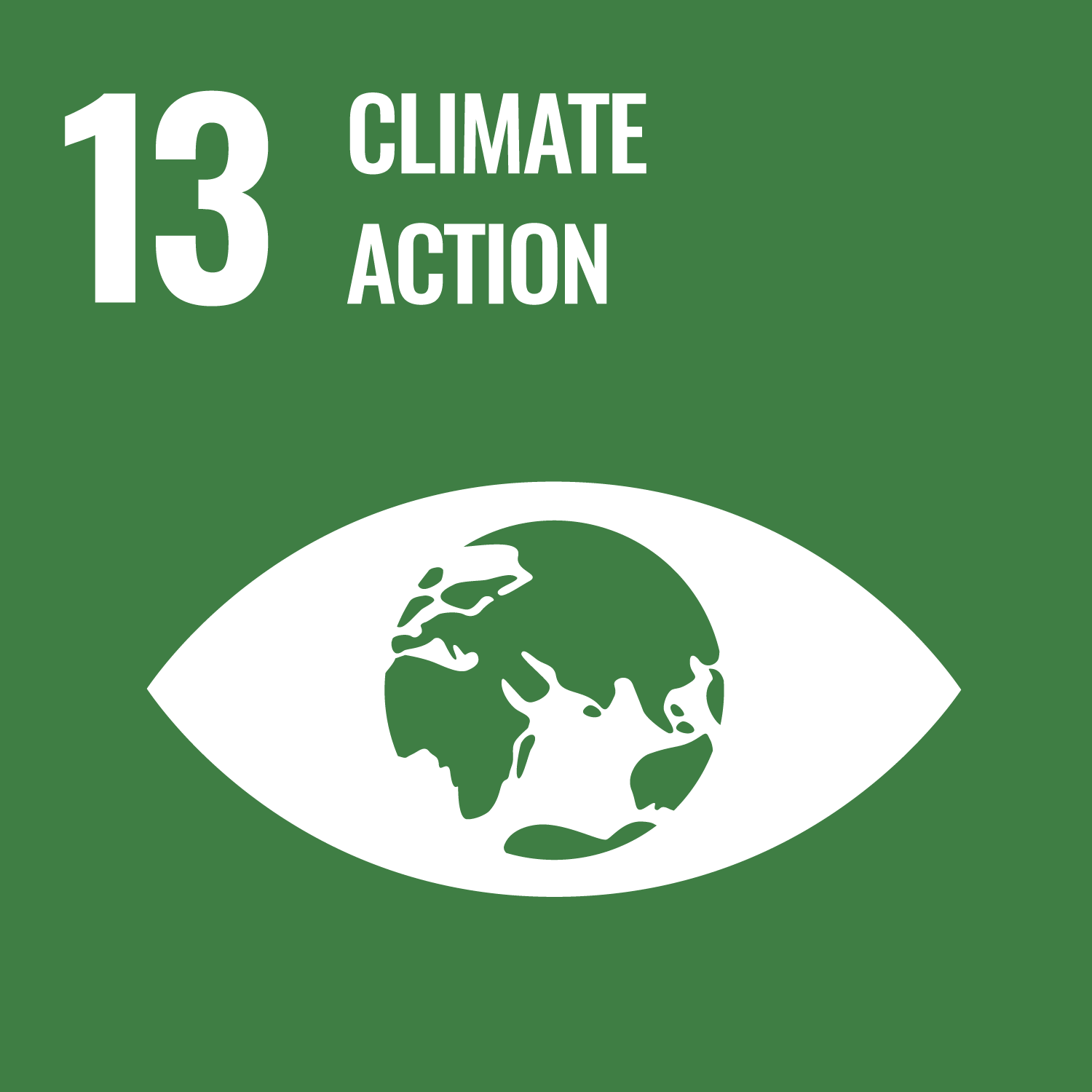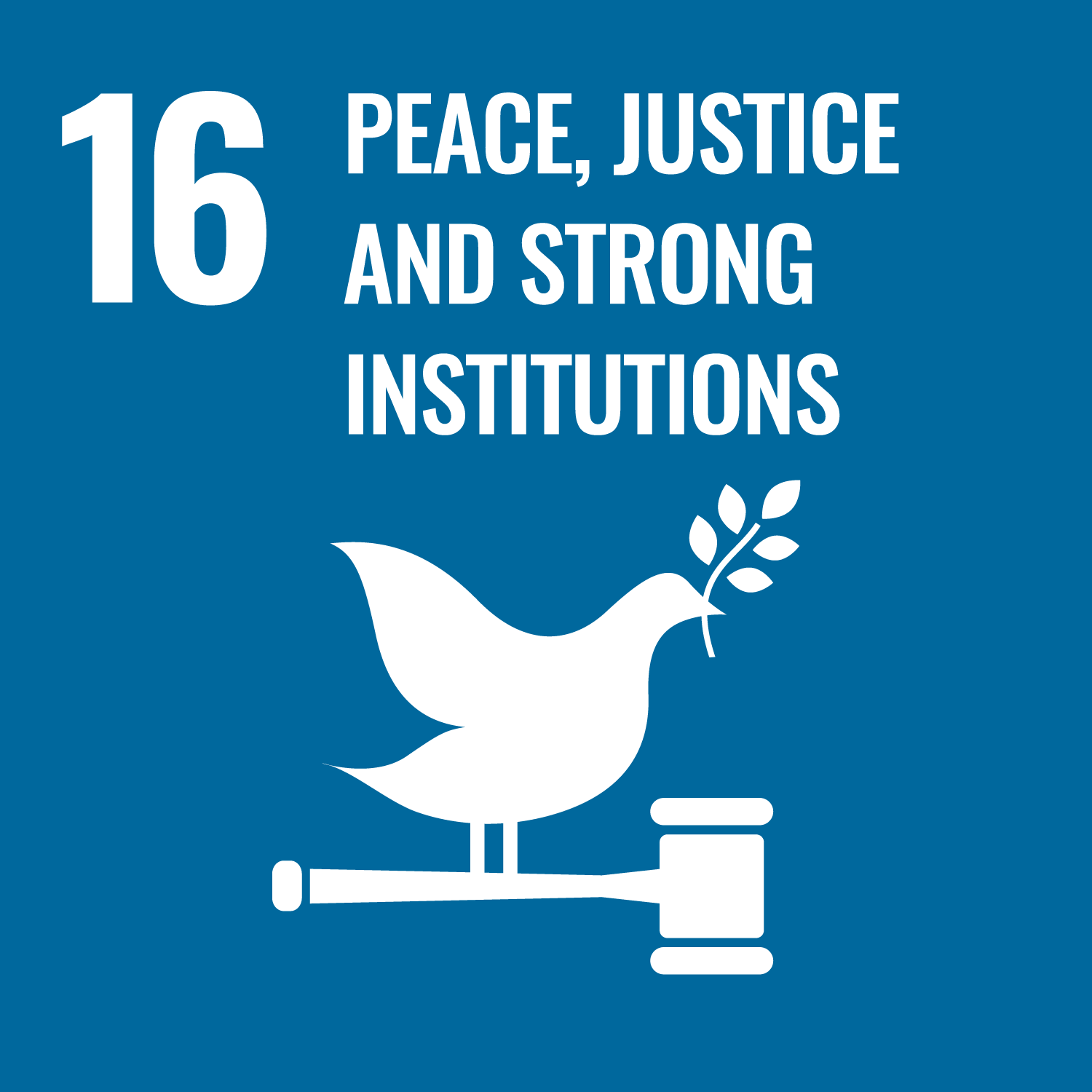Safe & Healthy Communities
CFUW advocates for communities across Canada and around the world to be safe and healthy, allowing all women and girls to realize their potential. This includes advocating for preserving the environment, combating climate change, and providing equitable, high-quality, public healthcare. We include these priorities in federal and provincial budget consultation materials and monitor implementation of policy promises.
For Safe and Healthy Communities, we focus our actions in relation to the United Nations Sustainable Development Goals, particularly the following goals:

Take urgent action to combat climate change and its impacts
An active Sub-Committee of devoted environmentalists monitors the COP proceedings, hosts webinars to encourage collaboration on national projects, and educates members about climate change’s impacts and how to reduce their personal environmental footprint.

Each year at the United Nations Commission on the Status of Women, CFUW represents feminist perspectives from Canadian society regarding promoting peace, maintaining just institutions, and ensuring government accountability. We also have two study groups working on ensuring justice for seniors’ rights and learning about how to ensure the sustainability of Canada’s public health care system.
Campaigns in Safe & Healthy Communities
Environment and Climate Change
CFUW has long advocated for the preservation and stewardship of the environment. We believe that the responsibility for environmental protection must occur on both a personal and collective level. This is why CFUW has called on various levels of governments to develop and support programs to educate adults and children about the gravity of environmental problems by clearly outlining the consequences of resource depletion, the degradation of natural systems, the dangers of pollution, and the destruction of fragile ecosystems.
CFUW is concerned with the gendered impacts of environmental degradation and climate change. We believe that gender sensitive approaches and women’s participation are essential to address environmental problems. Click here to access a CFUW infographic on women and climate change.
Improving Long-Term Care
CFUW’s National Seniors’ Rights and Long-Term Care Study Group works on long-term care (LTC) issues and identifies decisive actions to prevent future pandemics and improve care in the congregate settings of LTC facilities. The global pandemic revealed the shocking vulnerability of people living in LTC facilities. As a society, we have ignored the care of these vulnerable citizens who need assistance and depend on the shamefully undervalued work of personal support workers, community health care workers, and LTC nurses.
Each May, CFUW holds a Day of Action on Long-Term Care and Seniors’ Rights in Canada. Check out the photos and quotes of CFUW members who took action on LTC: Click here to view the testimonials!
Campaigning for Older People’s Rights
A United Nations Convention on the Human Rights of Older Persons is a work in progress, beginning with the 1991 UN General Assembly adoption of the "Principles for Older Persons" (Resolution 46/91). The Principles provided that older persons ought to have independence, the ability to participate in society, and access to care, and ought to be entitled to self-fulfillment and the full dignity of life.
CFUW works to recognize older people’s rights in each province and territory, as per the UN General Assembly’s resolution.
GAROP (Global Alliance for the Rights of Older People, established in 2011) had 300 organizations sign an Open Letter to the UN Open-Ended Working Group on Aging in April 2022. CFUW is listed as a non-governmental organization asking for clear action on older people's rights.
Saving Canada’s Public Health Care System
Over the past several years, concerns have grown over the worsening situation of closing emergency rooms, the shortage of nurses, the threat of privatization of health care services, and the post-pandemic state of the public system of health care in general in Canada. CFUW members formed a National Study Group to research and respond to this growing crisis.
The Study Group is working to educate themselves and members of CFUW on the difference between fee-for-service and privatization, and to better understand the standards and enforcement of standards that the federal government expects from the provinces and territories.